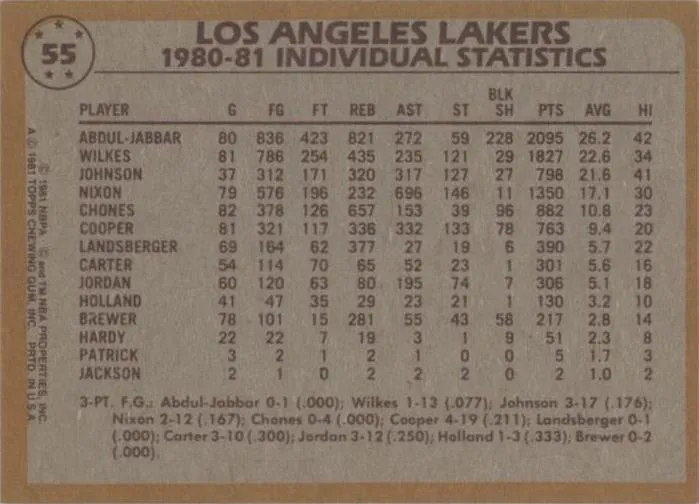“`markdown
Kareem Abdul-Jabbar: The Legend Who Redefined Sports and Society
Kareem Abdul-Jabbar, born Ferdinand Lewis Alcindor Jr., is not just a name in basketball; he is a symbol of excellence, activism, and cultural significance. As the all-time leading scorer in NBA history and a six-time NBA champion, Abdul-Jabbar’s contributions to sports extend far beyond the basketball court. His journey from a young athlete to a prominent figure in the civil rights movement highlights his commitment to advocating for racial equality and social justice.
Abdul-Jabbar’s impact on sports began with his remarkable skills, particularly his iconic skyhook shot, which is often regarded as one of the most unstoppable moves in basketball history. Throughout his 20-year career, he played for both the Milwaukee Bucks and the Los Angeles Lakers, achieving remarkable success and earning the title of NBA Most Valuable Player (MVP) six times—a record that still stands today. His achievements on the court are matched by his dedication to using his platform for social change.
In the realm of activism, Abdul-Jabbar was a vocal critic of racial discrimination in sports and society. He utilized his fame to challenge the status quo, inspiring future generations of athletes to speak out against injustice. His involvement in the civil rights movement was significant, as he participated in various protests and advocated for the rights of marginalized communities. Abdul-Jabbar’s commitment to activism was further exemplified when he played a key role in the sports boycott against apartheid in South Africa, demonstrating his unwavering dedication to global social justice.
Abdul-Jabbar’s writings reflect his deep understanding of the intersection between sports and social issues. He has authored several books, including his autobiography, “Becoming Kareem,” where he shares his journey both on and off the court. His essays emphasize the importance of athletes as advocates for change, urging them to recognize the power of their platforms. He has been an influential voice in discussions about race, identity, and the responsibilities of athletes in addressing societal issues.
In recognition of his contributions, Abdul-Jabbar received the Presidential Medal of Freedom in 2016, a testament to his impact on sports and society. His philanthropic efforts focus on education and youth empowerment, as he believes in the importance of academic achievement alongside athletic success. Abdul-Jabbar has consistently advocated for education, emphasizing that it is crucial for young athletes to prioritize their studies as they pursue their dreams in sports.
Despite facing criticism for his outspoken views on social issues, Abdul-Jabbar remains steadfast in his commitment to activism. He has often drawn parallels between systemic racism in America and the experiences of athletes, highlighting the need for a collective effort to address these injustices. His influence extends into popular culture, where he has made appearances in films and television, further solidifying his status as a cultural icon.
Abdul-Jabbar’s legacy is not confined to basketball; it resonates throughout society, inspiring new generations to engage in activism and strive for equality. He has mentored younger athletes, encouraging them to use their platforms for advocacy and social change. His message is clear: “True patriotism is loyalty to the nation all the time, loyalty to the government when it deserves it.” This quote encapsulates his belief in the responsibility of athletes to speak out against injustice, even at the risk of their careers.
In conclusion, Kareem Abdul-Jabbar is a legend who has redefined the roles of athletes in society. His journey from a basketball superstar to a cultural commentator exemplifies the profound impact that sports can have on social issues. As he continues to engage in public discourse, his legacy serves as a reminder that the fight for equality and justice is ongoing, and that athletes have the power to influence change in their communities and beyond. Abdul-Jabbar’s life and career are a testament to the idea that sports can be a catalyst for social change, inspiring individuals to rise up and advocate for a better future.
“`






Leave a Comment